8 BEST SPIRITUAL ORIGINATORS GAMES
THE RETRO FRANCHISES THAT MADE SUCH A SPLASH THAT THEIR LEGACY WAS CONTINUED IN ALL BUT NAME
1. SYSTEM SHOCK 2
System Shock 2 may never have obtained the success it so clearly deserved back in ‘99, but the game’s creative lead, Ken Levine, took steps to ensure that its legacy was enshrined in the hearts and minds of players the world over. System Shock 2’s hybrid FPS-RPG design, the environmental storytelling it helped pioneer, the manipulative narrative and open-ended world design would all serve as a backbone for Irrational Games’ BioShock.
2. THIEF: THE DARK PROJECT
Looking Glass Studios’ Thief: The Dark Project’s influence spread across the industry. Its innovative stealth mechanics – relying on visual and audio cues to aid in navigation and circumventing detection – were relatively unprecedented. While Hitman, Splinter Cell and Tenchu would all honour the game’s legacy, it was Dishonored that would pick up the mantle, delivering a game that felt like it was made in earnest – a game elevated by its devotion to Thief’s achievements, rather than encumbered by them.
3. WASTELAND
It’s funny how things work out sometimes. Back in the early Nineties developer Interplay lost the IP rights of Wasteland to EA; the poor reception of sort-of-sequel Fountain Of Dreams, not to mention the core team running off to work on the ill-fated Meantime, certainly didn’t help things along. And so Interplay set about on its next endeavour, a Wasteland game in all but name, Fallout. In many ways Fallout is the perfect spiritual successor, offering homage while still striking out in a new and exciting direction.
4. HARVEST MOON
Harvest Moon is a game that sought to make chores fun, pushing players to stick to regimented routines of watering crops, planting seeds and learning to love thy neighbours. It should have been laborious, but instead it was captivating – what can we say, we are but creatures of habit. As the quality of the franchise declined over the years, with many of the core team splintering off to work on Story Of Seasons, a true spiritual successor finally emerged in the form of Stardew Valley, and we can never go back.
5. GOLDENEYE 007
Where to begin with Goldeneye 007? Rare’s famed FPS proved that there was life in the console shooter yet, and its influence has spread far and wide throughout the industry. Still, it’s funny to think that we wouldn’t have received Perfect Dark had Rare not have been outbid for the IP rights to Tomorrow Never Dies (that would be the influence of EA again). And so Rare ran wild with its new-found freedom, delivering a spy-themed FPS that, arguably, surpasses its famed predecessor.
6. SIMCITY
SimCity dominated the simulation market. For over two decades, Will Wright’s city-building series would go from strength to strength, until a curious miss-step from developer Maxis in 2013 all but shut it down. That opened a gap in the market and so Cities: Skylines appeared, a spiritual successor that expanded on the basic concept to encompass a full-scale city-sim game; Skylines is truly wonderful, but it also owes a huge debt to the innovations and successes made by SimCity in its earliest years.
7. PLANESCAPE: TORMENT
Widely considered to be one of, if not the greatest RPG of all time, Planescape: Torment should have had a long and healthy cycle of releases – the game world offered bountiful opportunity for expansion thanks to its rich history and interesting characters. Still, it was not to be; we would have to wait a decade to return to Numenera. While inXile was unable to prise the licence away from Wizards Of The Coast, we would eventually receive Torment: Tides Of Numenera, a spiritual successor to the famed RPG.
8. BALDUR’S GATE
Legendary BioWare RPG Baldur’s Gate established a template for the fantasy RPG back in 1998 that many developers are still using and abusing to this very day – be it overtly or in spirit. In fact, the series spawned two direct spiritual successors that fit the mould, Obsidian’s Pillars Of Eternity and BioWare’s own Dragon Age: Origins. Both are fantastic in their own right; both owe a debt to the smart world-building, mission structure and framework of this classic.


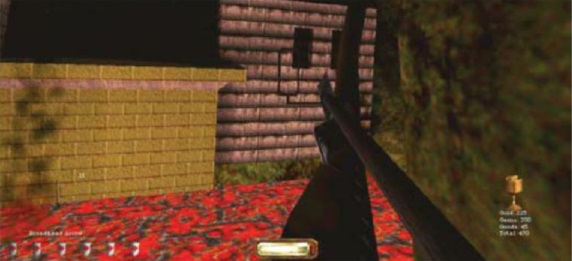
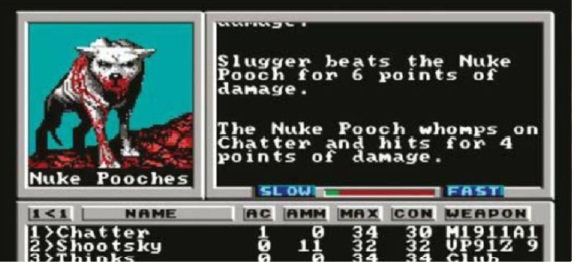
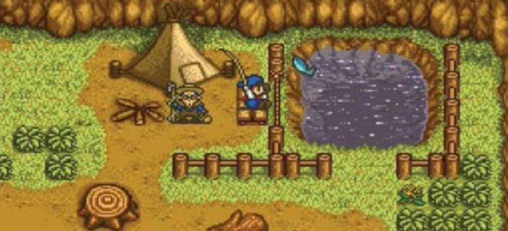
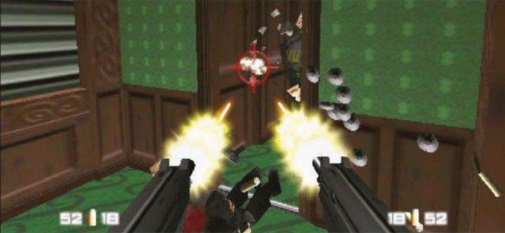
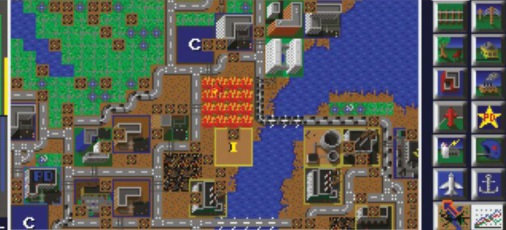


No comments:
Post a Comment